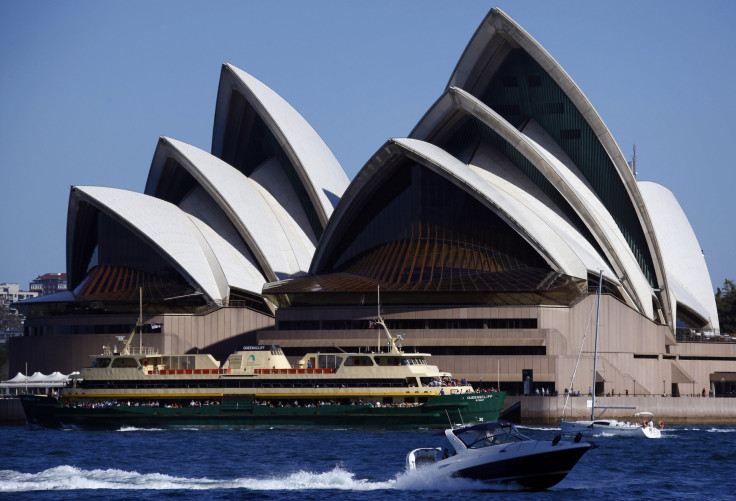Pacific leaders voice possible ‘betrayal’ of Australia on new warming reduction commitment

Pacific island leaders warned that any attempt from Australia's part to compromise the commitment on their new climate target would be considered a “betrayal,” and the country or the island states themselves would be asked to leave the organised forum. In the ongoing Pacific Islands Forum, Australia and New Zealand intend to oppose the new 1.5°C temperature-reduction goal.
Pacific nations claim that the internationally agreed limit of 2°C would avert sea-level rises and extreme weather that could devastate their low-lying islands, pushing them to pledge for a new goal to curb 1.5°C. The president of Kiribati, Anote Tong, said that to allow the two countries to compromise the commitment in the forum would be a "betrayal” to his people.
“We expect them as our big brothers, not bad brothers, our big brothers to support us on this one,” he said. “We cannot negotiate this, no matter how much aid. We cannot be bought on this one because it’s about the future.”
“It’s incredible really that an organisation that has stuck together through so much, since about the beginning of the 1970s, is now considering splitting because Australia is so intransigent on climate change,” said Tanya Plibersek, Labor’s foreign affairs spokeswoman. Plibersek urges Prime Minister Tony Abbott to listen to the Pacific islands that are on the “front line” of climate change.
In the forum, being held in Port Moresby this week, Tong challenged Abbott to visit Kiribati to see the potential damage that climate change will cause. The Kiribati president recently claims that Australia was “selfish” on its position supporting coal-fired energy instead of pushing for renewable alternatives.
“If Tony Abbott was here, facing the situation we are facing now, what kind of an answer would he expect from me as prime minister of Australia?” Tong asked.
The Pacific leaders raised another concern from the impact of climate change. The current issue on people fleeing Syria for Europe because of war may also happen to other nations, but because of trying to avoid the effects of climate change.
The prime minister of Tuvalu, Enele Sopoaga, said the Tong’s view on climate change was “strongly shared by leaders of smaller island states.” But a response from John Key, prime minister of New Zealand, indicates that he understood the Pacific leaders’ views on climate actions, but he would still expect that the leaders would agree on a position against the 1.5°C goal.
Some members of the forum also shared its intent to support the climate action of Australia, including the forum chair, Papua New Guinea's Prime Minister Peter O’Neill. But O’Neill said that he would respect all leaders’ views.
With the growing conflict between the participating nations on the forum, O'Neil said that he still hope that the leaders will agree on a declaration acceptable to all. He added that Abbott would be willing to hear the opinions of other leaders as "a very good friend of the Pacific."
"I do not wish to pre-empt the outcome of the forum leaders' meeting that is going to take place over the next few days, but we will reach a common understanding one way or the other during the course of this meeting."
Contact the writer at feedback@ibtimes.com.au or tell us what you think below






